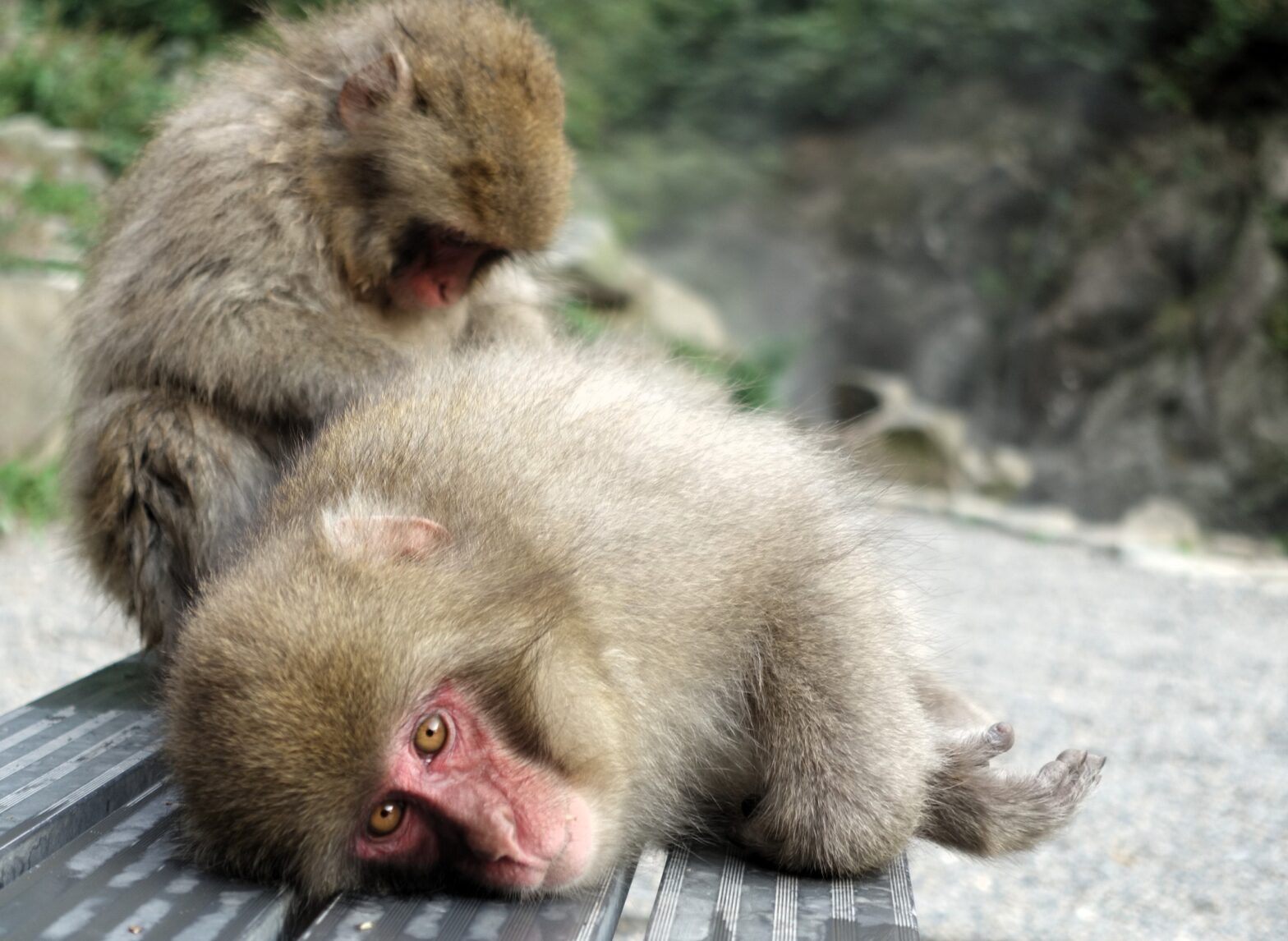One of the hardest things in life is deciding what to do next. Think about what life would be like if you knew every single step that you had to take to get where you wanted. Some of the steps would be tough, but if you knew that what you were doing was the best thing you could be doing, I have the feeling you’d be able to walk that path pretty easily.
But that’s not how life is. If you’re anything like me, a large percentage of your time is spent trying to decide what it is you should do. I mean that on the micro level, like whether or not you should go to that party tomorrow night, and on the macro level, like what business you should start.
A heuristic is a mental shortcut to make decisions. Always split aces and eights is a heuristic for some decisions in blackjack. An easy heuristic in deciding what to do is to just do something good for someone else. It may not always be the optimal thing for you to do, but it’s almost always a good thing for you to do.
This is true for two reasons, as far as I can tell.
First, when you do something for someone else, you’re very often giving a lot more value than you’re expending. If I help someone with some computer stuff for half an hour, it costs me half an hour but might save them three hours, some money, and a lot of frustration. This is such a net-positive trade that it’s like printing money. You’ve created something from nothing.
That, of course, assumes that you’re helping people doing things that you’re good at. Me helping someone set up a server could be a really good use of my time. Helping them sketch a landscape would get them very little for the effort I’d put in.
Second, there’s the selfish reason. People who do a lot for people get a lot back from people. Maybe not from every individual, because most people aren’t keeping score, but in the aggregate. The type of person who does good things for other people tends to have good things done back to him. And, like the things he’s done, those received actions are usually very leveraged.
The net effect of this recalls the theory of comparative advantage, where countries all benefit from doing that which they’re best at, and trading. Even if I give an hour of my time helping people and only get half an hour back from one person, maybe that half hour will save me two hours.
If doing nice things for people isn’t a regular part of your routine, you should add it in. It’s better for other people and it’s better for you. The people I know who are most successful also tend to be the most generous with time, advice, and a helping hand. It seems like a paradox sometimes, until you think about the reciprocity and leverage associated with such goodwill.
So what should you do next? If you don’t know, you should probably do something nice for someone.
###
Photo is a couple of monkeys grooming each other at the Jingokudani monkey hot springs in Japan!
I had a great time in New York visiting friends and family, and making new friends at Beaver Brook!

Leave a Reply